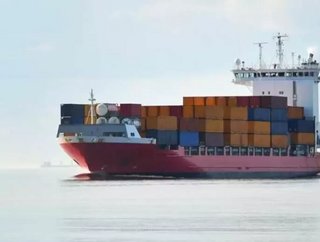Sulphur caps to cost box shippers billions

New sulphur emissions regulations have cost the container shipping industry an estimated US $500 million, the OECD reported last week.
As of January 2015, ships entering Emissions Control Areas from parts of Europe to the coasts of North America were mandated to use pricier ship fuels with less than 0.1 percent sulphur content – marking a significant reduction from the previous one percent sulphur limit.
There will be a global sulphur cap of .50 percent instated by 2020, which is projected to cost the industry anywhere between US $5 billion and $30 billion annually.
A combination of both falling freight rates and container shipping profits is going to leave shippers and cargo owners picking up the bill.
The OECD said: “We will assume that container shipping lines have limited possibility to absorb cost increases, so they will likely transfer these to their customers.”
The report anticipates issues of compliance with the proposed restrictions.
Detection of noncompliance is most effectively carried out using airborne “sniffer” aircraft, but deploying these at sea is not always cost-effective. Historically, violating emissions regulations has not been consistently penalised.
“These challenges would need to be resolved before the 0.50 percent requirements enter into force,” said the OECD.
“Considering the significant costs to the shipping industry, effective enforcement is of utmost importance to guarantee a level playing field.”
Supply Chain Digital's May issue is live.
Follow @MrNLon and @SupplyChainD on Twitter.
SOURCE: [The Maritime Executive]






